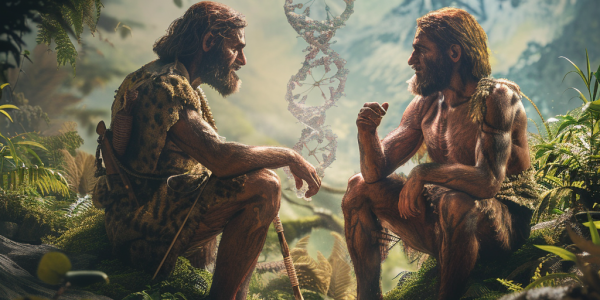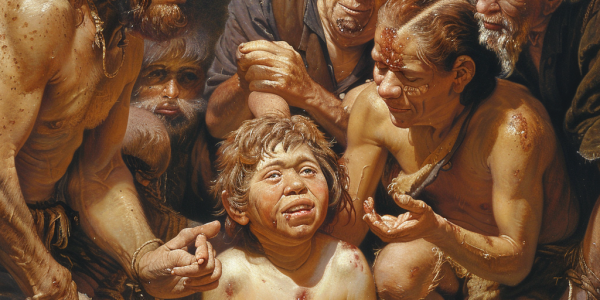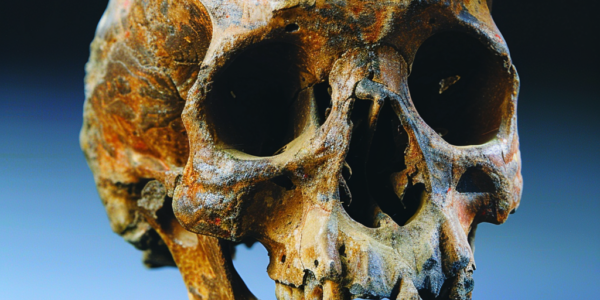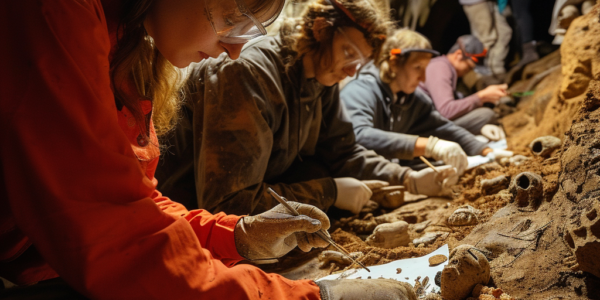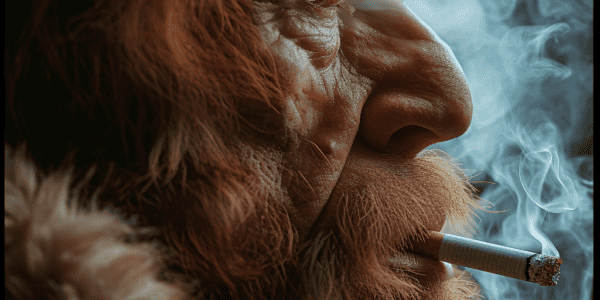Groundbreaking Research Reveals Complex Interactions Between Modern Humans and Neanderthals
Recent genetic research reveals significant intermingling between early humans and Neanderthals, challenging long-held perceptions of these ancient groups. Led by Joshua Akey from Princeton University, the study highlights complex interactions and shared traits, suggesting Neanderthals were not merely primitive but possessed advanced skills and social behaviors. This groundbreaking work redefines our understanding of human evolution, emphasizing the interconnectedness of our ancestry.
New Study Reveals Complex Interactions Between Early Humans and Neanderthals
Recent genetic research reveals new insights into the extinction of Neanderthals and their interactions with early humans. A groundbreaking study published in Science uncovers multiple DNA exchanges over 250,000 years, challenging previous notions of human evolution and migration. This research highlights the complex relationships between different hominin species, suggesting that Neanderthals were not isolated but engaged with modern humans and other archaic species like the Denisovans. These findings reshape our understanding of human ancestry and the genetic legacy that influences us today.
Neanderthals Showed Care for Individuals with Disabilities, Study Finds
Recent archaeological discovery in Spain reveals Neanderthals cared for individuals with disabilities, challenging stereotypes. Study led by paleoanthropologist Mercedes Conde-Valverde highlights intensive care provided to Neanderthal child with Down syndrome. Fossilized ear bone found in Valencia cave sheds light on communal support within Neanderthal groups over 146,000 years ago.
Breakthrough in Understanding the Denisovans: Link to Homo Longi
Scientists have made a significant breakthrough in understanding the mysterious Denisovans, an ancient human group that has long puzzled researchers. A recent discovery has shed light on the potential identity of the Denisovans, linking them to Homo longi, also known as ‘Dragon man,’ whose fossil was found in Harbin, northeast China. This breakthrough represents a significant advancement in the study of Denisovans, offering a potential glimpse into their appearance and lifestyle.
Study Challenges Timeline of Human Migration in Europe
A recent study published in Nature has shed light on the presence of Homo sapiens in central and northwestern Europe around 45,000 years ago, challenging previous assumptions about the timeline of human migration and interaction in the region. The research,…
6 Traits You Can Thank Neanderthals For — From Bad Habits to Bedtimes
6 Traits You Can Thank Neanderthals For — From Bad Habits to Bedtimes By Tracy Swartz Published Jan. 7, 2024, 4:13 p.m. ET Research shows that many humans have Neanderthal DNA. People with European or Asian backgrounds have 1% to…


